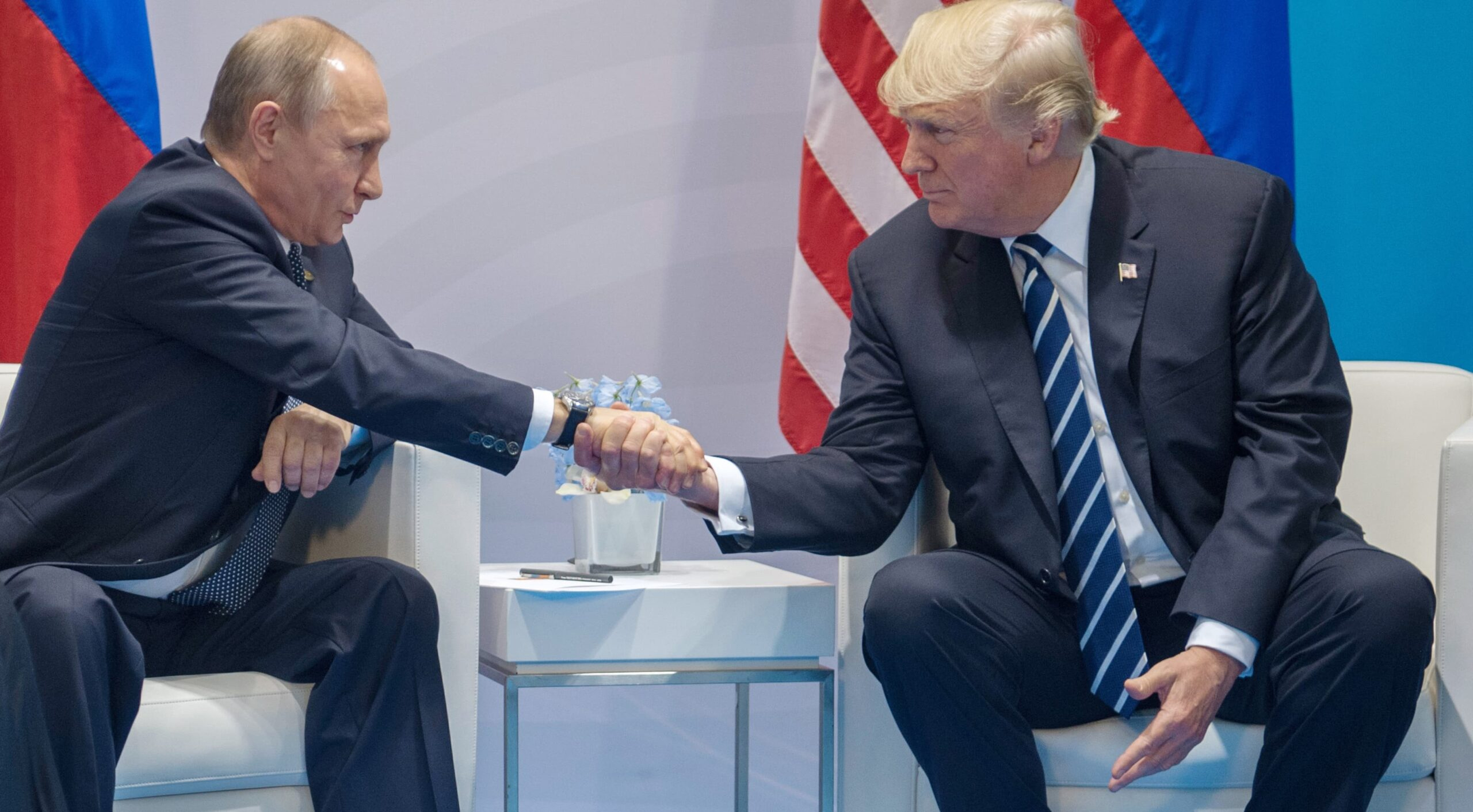By Anjan Roy
Initial indicators suggest that the year 2025 is poised to be highly turbulent for nations worldwide. India needs to remain vigilant and adopt every necessary precaution to navigate the coming year filled with uncertainties. The United States, given its significant presence and influence in the global economy and power dynamics, is of utmost importance to all. The president-elect’s cryptic policies, inferred from his consistent public statements, are set to usher in a new world order.
The Trump Doctrine shows a disregard for the rule of law in international relations, resembling the Putin Doctrine, which seeks the restoration of the Russian Empire, and the Xi Jinping Doctrine, which promotes Chinese dominance and a world favorable to China.
These three conflicting doctrines raise concerns about potential chaos and a lack of respect for the values of others, which appear to exist only at the mercy of the powerful.
Donald Trump has expressed his recent thoughts on a new American world order, emphasizing that the Panama Canal—a vital artery for global trade—should return to US control.
Together with Canada, which he considers the 51st state, Trump believes that Greenland should also come under US dominion for the sake of global peace and the survival of the free world.
This overt expansionism by the purported strongest nation on earth almost legitimizes the aggressive actions of others who have already inflicted turmoil and hardship globally. Seemingly as a timely gesture from the incoming American president, Vladimir Putin has initiated a rapid military campaign in Europe to rally support for annexing large parts of Ukraine as Russian territory, seeking to finalize the frustrated invasion that has unfolded over the past two years.
Putin has launched a public disinformation campaign and is actively working to destabilize several established European governments. His aides have remarked on the deep divisions among European nations regarding their support for Ukraine as it strives to maintain its sovereignty.
According to the Russian ambassador in Berlin, there appears to be growing support for abandoning Ukraine in favor of backing Russia in the ongoing conflict, with German political parties allegedly leaning towards Russia.
This blatant aggression harks back to the nineteenth century, and even countries like Bangladesh are contemplating claims on Indian territory to create a “Greater Bangladesh.” Nations seem to be teetering on the edge of conflict.
This reflects the conversations among powerful nations. The American expansionist sentiment and reckless disregard for established principles of national sovereignty and territorial integrity could lead to wider abandonment of these principles. India must remain increasingly cautious regarding tensions in its vicinity as well as in distant lands.
Of all the aspects of Trump’s “Make America Great Again”—the so-called MAGA initiative—the proposal to usurp the Panama Canal stands out as particularly alarming. Trump has asserted that the Canal, formerly under American control, is critical for US trade and economic interests and needs to revert to US governance.
The president-elect has declared that the United States should reclaim the Panama Canal, which links the Pacific and Atlantic Oceans and serves as a key route for US cargo traffic across the country.
Without the canal, US cargo vessels would have to navigate around the southern tip of South America, significantly increasing transit distances and exposing them to treacherous conditions at Cape Horn, one of the most perilous maritime regions plagued by storms.
Unsurprisingly, Panamanian President Jose Raul Mulino expressed strong disapproval of this idea, asserting that every meter of the Canal rightfully belongs to Panama, and its status is non-negotiable. Nevertheless, this has not dissuaded Donald Trump, who told a group of young conservatives that President Carter’s agreement to cede control of the Canal to Panama was misguided.
Trump has continued to criticize Panama, claiming the country imposes excessive fees on Americans for using the canal, arguing that it was built with substantial American investments.
The complex history of relations between the two nations is marred by tension, as the US orchestrated a political movement that resulted in Panama’s secession from Colombia.
Following Panama’s independence, the US constructed the Canal, maintaining control from the early 20th century until 1964, when increasing protests led to a joint management agreement until 1999, when full control was handed to Panama.
Now, Trump seeks to reclaim control over the Canal for America’s commercial interests and strategic purposes. He is accusing the canal authorities of being under Chinese influence, using this as justification for reasserting American authority over the waterway.
Even more intriguing is Trump’s claim regarding Greenland, located thousands of miles away. He suggests that Greenland is essential for American strategic interests and proposes purchasing it, akin to the US acquisition of Alaska from Russia in the nineteenth century.
Greenland has responded unfavorably, flatly rejecting any discussions regarding its sale, affirming its status as a sovereign nation poised to remain so. However, with a bit of fortune, that notion might still be challenged.
If such scenarios become plausible, would it be far-fetched to think that China’s ambitions regarding Taiwan or its claims over Arunachal Pradesh in southern Tibet could follow suit? If Spring arrives, can Winter be far behind? (IPA Service)


Leave a Reply